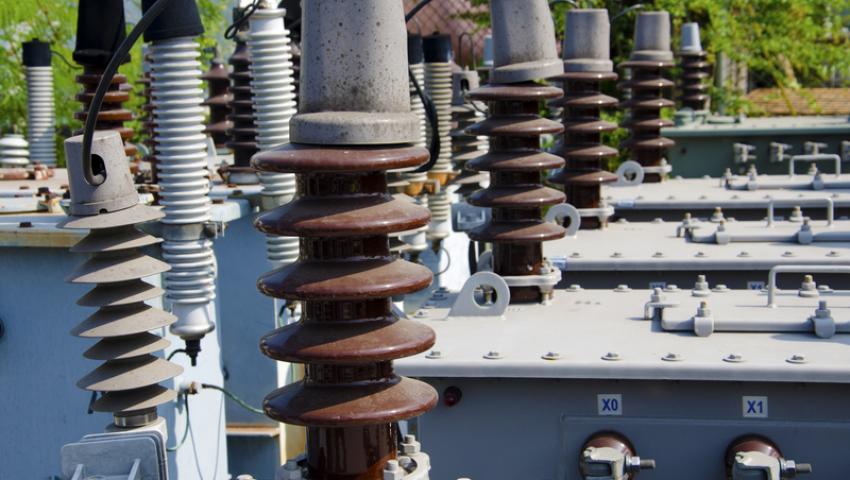Risky proposals can lead to deepening energy chaos
By Marinela Arabadzieva

The European Parliament last week raised the aim for reducing carbon emissions (CO2) by 60% by 2030. The current target is to reduce the 1990 level by 40%. A new intermediate target has also been proposed to ensure that the EU is on the right track, as well as the establishment of an EU Climate Change Council.
The European Commission, by 31 May 2023, will have to propose the way by which the European Union will move towards carbon neutrality by 2050.
This decision received little publicity among the Bulgarian media, and the main institutions in the country did not even cover it, staring at meaningless debates on a resolution of the European Parliament on another occasion. In particular, however, the European Parliament's insistence on reducing emissions by 60% means that the Climate and Energy Plan, which is to be discussed with the EC in March, will need to undergo significant changes. Any change and new goal in turn will require additional funds. It also means something else - speeding up the deadlines for closing or modernizing coal-fired power plants.
In addition comes the strengthening of eco-monitoring of the activities of Mines Maritsa East. It should be noted that BEH, under pressure from the unions, allocated BGN 55 million for salaries and guaranteeing coal production. In this context, it is interesting to explain what is happening with the reclamation of the already utilized plots. As well as who will evaluate the expired humus purchased and dumped in landfills. As this is again taxpayers' money.
This is only a part beyond the seemingly ordered general landscape of the state and even the private energy sector in the country. As well as part of the legacy of the future head of BEH. It is not yet clear who he will be, but his task will not be easy, given the largely relentless ridiculous attacks on the Belene NPP project and the chaos surrounding Sofia's district heating bills held by the Sofia municipality.
The impetus for risky decisions, whether in the name of employers' organizations or in the name of trade union headquarters, has not been lacking in the past few days. Especially with the call for the State Oil Company to become an electricity trader. At first reading, this means that to the risk of pouring BGN 80 million into something unknown, a few more million should be added and another public supplier should appear next to NEK. Meanwhile, from the papers for the State Oil Company, published for public discussion, it became clear that ecology is not present. Some of the private oil depots have installed facilities for capturing emissions and the price of such a device, depending on the capacity, is ca. 200 thousand dollars.
There is no way to ignore the ill-conceived proposal for a "closed electricity system". The concept is included in a bill on industrial zones, in which there are many owners and one network owner.
So far, thanks to the early initiative of the electricity distribution companies and the good coordination with the energy regulator, there are no serious problems in the process of liberalization of small and medium-sized companies. The time until June 2021 seems long enough for this part of the non-household consumers who have remained on standard contracts to orient themselves. According to preliminary information, between 10 and 15% of small companies are already on the free market and this percentage will increase in the coming months.
Now it is turn of the parliamentary energy committee, which after two delays should finally discuss Bulgaria's Energy Strategy until 2030 with a horizon of 2050. Before that, however, it will have a very difficult task to give an opinion on the above-mentioned concept about "closed energy system", and to say how the drastic drop in emissions will take place and what legal changes will occur.
Against this background, remains the question of how to solve the 60% reduction in emissions.
